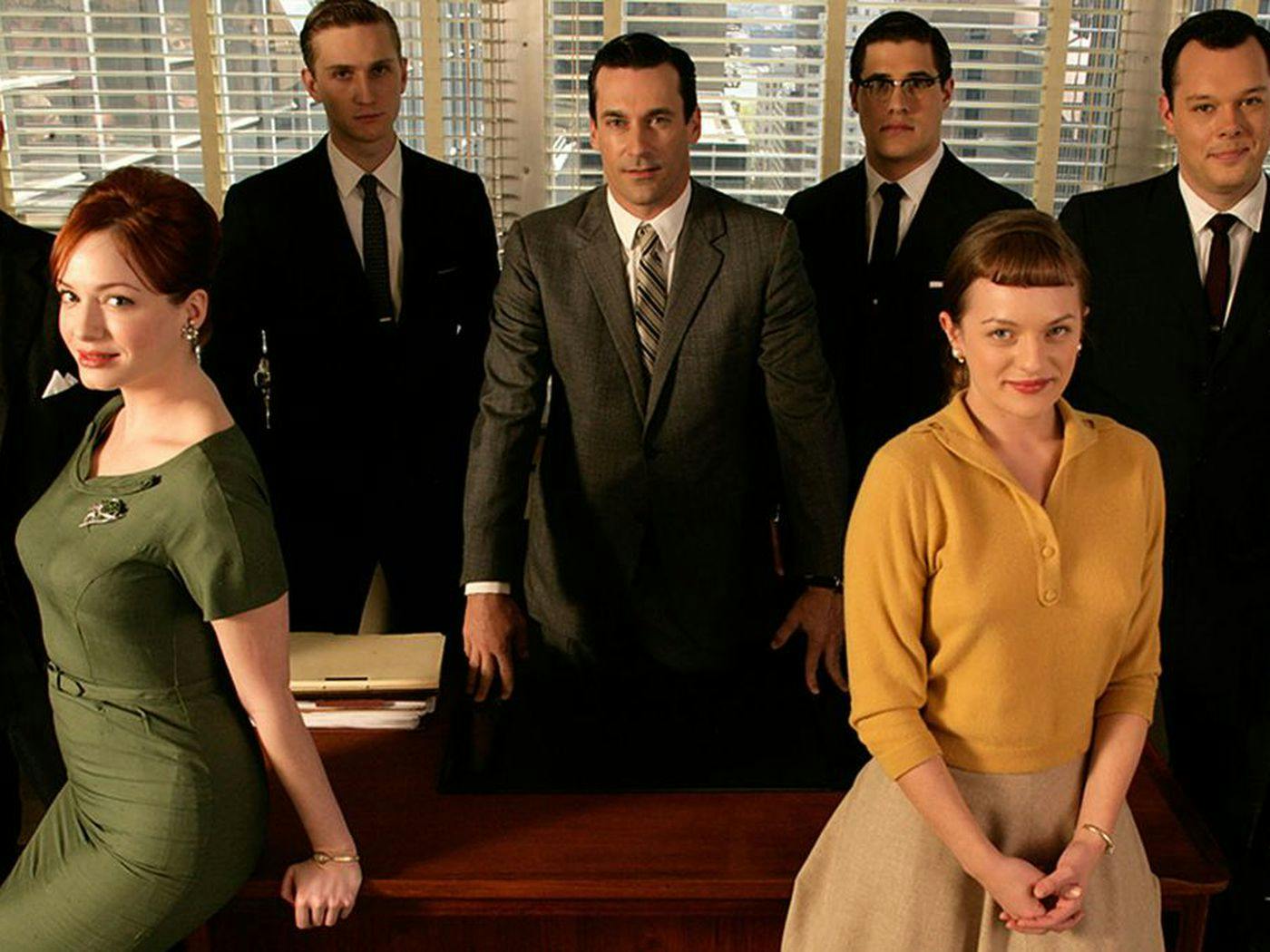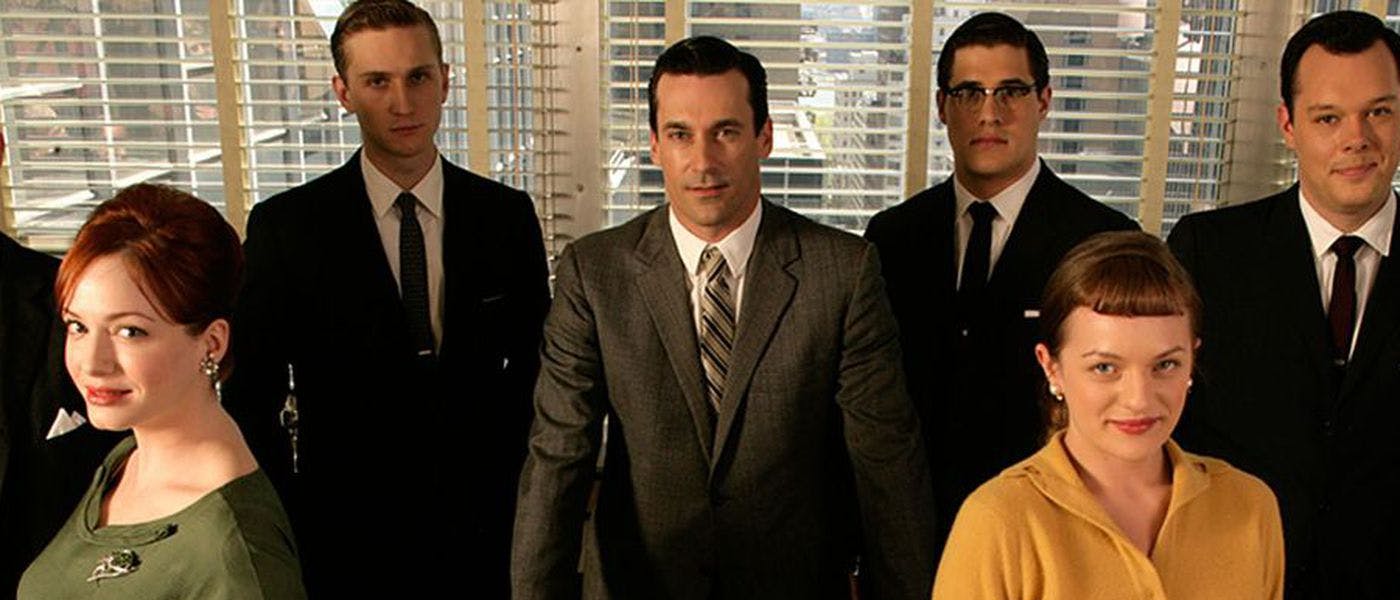The Evolution of Advertising Agencies: From Mad Men to Modern Marketing

Written By:
Joseph
Joseph is the CEO of The Uptown Agency and has expertise across industries and disciplines including branding, marketing, and venture capital. He has worked with hundreds of top brands, challenger brands, and startups, including Keurig Dr Pepper, JP Morgan, and Alto.
Jan 23 2023
Advertising agencies have undergone a significant evolution over the past few decades, transitioning from the Mad Men era of the 1960s to the modern, digital age of marketing we see today. The industry has changed dramatically, with advancements in technology and consumer behavior driving advertising agencies' evolution.
The Mad Men era, named after the popular TV show set in the 1960s, focused on traditional advertising methods such as television and print ads. Agencies during this time were typically run by a small group of creative individuals, known as the "Mad Men," who would come up with the concept and copy for an ad campaign. This era was defined by its emphasis on persuasive advertising to convince consumers to purchase a product or service through cleverly crafted messaging and eye-catching visuals.
However, as technology advanced and consumer behavior changed, advertising agencies were forced to adapt. With the internet and digital media rise, consumers began to engage with brands in new ways. The advent of social media, in particular, has significantly impacted the advertising industry. Today, consumers are bombarded with ads across multiple platforms and channels, and they have come to expect a more personalized, engaging experience from brands.
To meet these changing consumer expectations, advertising agencies have shifted their focus from traditional advertising methods to more modern digital marketing strategies. This has led to the development new roles and departments within agencies, such as digital strategists, data analysts, and social media managers. These individuals work together to create and execute campaigns tailored to specific audiences and channels, to drive engagement and conversion.
One example of a modern marketing strategy is the use of influencer marketing. This strategy involves partnering with individuals who have a significant following on social media, such as bloggers and vloggers, to promote a brand or product. This approach allows brands to tap into the trust and credibility that influencers have built with their followers, and it can be an effective way to reach new audiences and drive sales.
Another modern marketing strategy that has gained popularity in recent years is content marketing. This approach involves creating and distributing relevant content designed to attract and engage a specific target audience. Content marketing aims to build relationships with customers, establish a brand as a thought leader in its industry, and ultimately drive conversions.
With the rise of e-commerce, advertising agencies have also had to adapt to the changing ways consumers shop. Today, many consumers prefer to shop online and expect a seamless, personalized experience when they do. Agencies have had to develop new skills and capabilities to help brands create and optimize their e-commerce presence, from website design and development to search engine optimization and paid search advertising.
The evolution of advertising agencies has also led to a greater emphasis on data and analytics. Today, agencies are using data and analytics to inform their marketing strategies and measure the success of their campaigns. This has led to the development of new roles, such as data analysts and performance marketers, who are responsible for tracking and analyzing data to identify trends and insights that can be used to optimize campaigns and improve ROI.
In conclusion, the advertising industry has undergone a significant evolution over the past few decades, transitioning from the Mad Men era of traditional advertising to the modern, digital marketing-age. Agencies today are using a wide range of modern marketing strategies and tactics, from influencer marketing and content marketing to e-commerce and data analytics, to meet the changing expectations of consumers and drive business results. As technology and consumer behavior continue to evolve, it will be interesting to see how the advertising industry adapts and evolves in the future.




